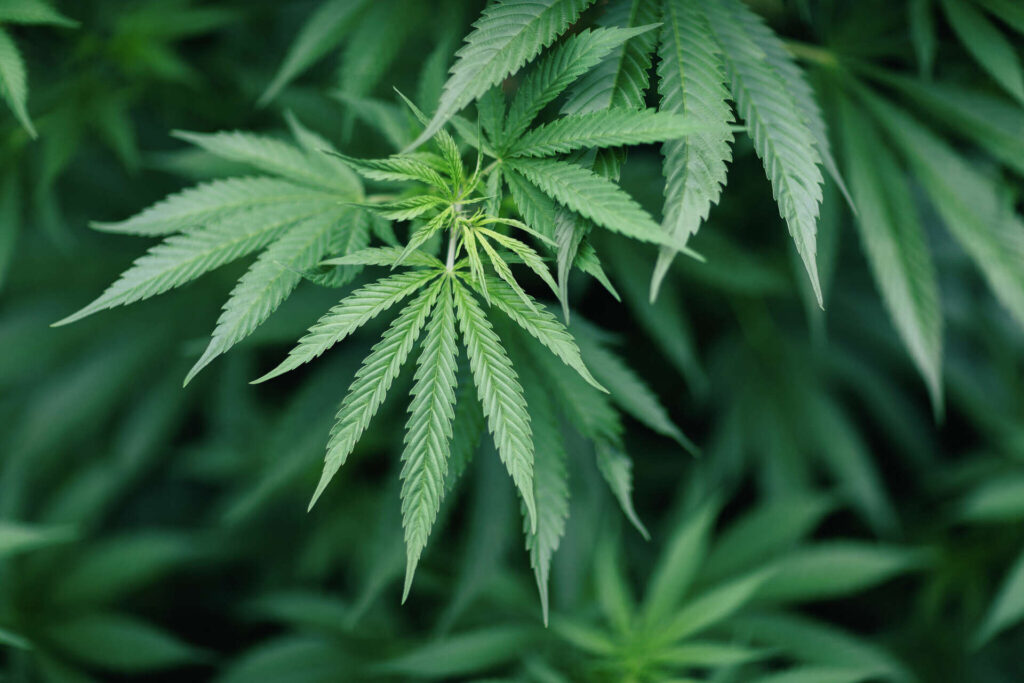Nova Farms’ proposal to change the town’s zoning regulations to allow an outdoor cannabis farm on Old Robertsville Road, on an old farm property, was presented Oct. 28 to the Planning & Zoning Commission.
WINSTED — Residents raised concerns about a proposal from Nova Farms to change the town’s zoning regulations to allow it to grow cannabis outdoors on an old farm property on Old Robertsville Road at a recent meeting of the Planning & Zoning Commission.
The company first approached the Winsted commission in June regarding the proposed zone change.
At the Oct. 28 meeting, Nova Farm principle Wallace Nogeira Jr. was accompanied by the company’s cultivator, Zack Allen, and attorney Joseph Hammer. Neighbors of the old farm property also attended, saying they were worried about the impact of the outdoor growing facility on their homes.
Those concerns included losing their views as well as the effect of alarms and lighting on their properties and the possible runoff and erosion. Several residents with wells were also worried about possible contamination from pesticides.
But Allen said cannabis is strictly regulated: Growers are prohibited from applying pesticides, and they only use a specific type of fertilizer on the roots of the plants, beneath the ground. No spraying of chemicals is practiced, he said.
Nova Farms cannabis growers rely on natural sunlight and water to nurture marijuana plants at its outdoor farms in Sheffield, Mass., as well as at its locations in Maine, Pennsylvania and New Jersey, Nogeira said.
The growing season for an outdoor cannabis farm, according to Allen, is from late spring to late summer, with the plants harvested in October and early November. “We’re wrapping up our growing season right now,” he said.
Once harvested, the plants are flash-frozen in freezers housed on site in trailers about the size of a shipping container. The plants are then are transported to another facility for processing.
Previously, residents had asked about the odor from the maturing plants. “There’s no smell until the flowering cycle of the plants,” Allen said.
The proposed cannabis farm would be surrounded by 12-foot high fencing, with sensory lighting and video surveillance cameras.
Nova Farms chose the Winsted site for a number of reasons, primarily because changes to state law will allow it to open a farm in a town with a disproportionately impacted area, or a DIA, Nogeira said.
Under Connecticut state law, the Social Equity Council was established to ensure that the legal cannabis market includes businesses owned by people who are from communities afflicted by the decades-long “war on drugs” and to support economic reinvestment in those targeted communities.
A disproportionately impacted area is identified by measuring poverty and ranking conviction rates for drug-related offenses in an area defined by a U.S. Census tract. Winsted is a community with such a DIA.
“Originally, state regulations only allowed you to site the business inside the DIA,” Nogeira said. “For us, as outdoor farmers, it was almost impossible for us to exist in Connecticut.
“But two months ago, the state amended those regulations and said outdoor growers could site in a town that had a DIA within its borders. So it gives us the whole town. Once those rules opened up a little, we sought towns with farmland for sale,” he said.
“Winsted’s always had a DIA, but we couldn’t put a farm downtown,” he said.
For the special permit, the town’s zoning regulations would have to be amended to allow the outdoor cannabis farm; at this point, Winsted does not allow them.
Winsted’s cannabis regulations, adopted in 2022, determine where a growing facility or store is allowed, including in the town center, the gateway areas of North Main Street/Route 183 and Route 44, and the production and innovation zone that includes industrial and manufacturing buildings.
“Nurseries are allowed in this zone … it will be dormant during the winter,” Hammer said. “We think there could also be an economic benefit to the town, with employment opportunities. … We also believe the proposal is consistent with your Plan of Conservation and Development, because it preserves agricultural land. It won’t generate traffic, other than employees working at the site.”
The public hearing was continued until Nov. 25.



